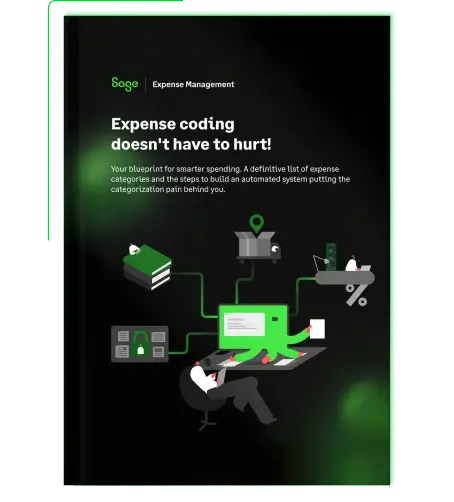 4.6/51670+ reviews
4.6/51670+ reviewsCreating the right atmosphere is essential for any restaurant or public venue, and music is a key ingredient. However, playing copyrighted music in a commercial establishment requires paying licensing fees to Performance Rights Organisations (PROs) like ASCAP, BMI, and SESAC.
These fees, often paid as an annual subscription, compensate songwriters and publishers for the public performance of their work.
For restaurant owners and their accountants, it is crucial to understand that these legally required fees are a fully deductible business expense. This guide will clarify how to categorize music licensing fees according to IRS rules to ensure your business remains compliant while creating the perfect ambiance for your guests.
The fees you pay to music licensing organisations are an ordinary and necessary business expense. These costs are best categorised as Royalties.
While not a dedicated line item on the Schedule C, IRS Publication 535 discusses the treatment of royalties paid for the use of intellectual property, such as copyrights. Since music licensing fees are payments for the right to use copyrighted music, they are a form of royalty expense and are reported under other expenses.
The key to handling these costs correctly is to recognise them as a required fee for the use of an intangible asset (the music).
These fees are not optional. Under U.S. copyright law, any business that plays copyrighted music for the public must have a license from the appropriate PROs. The fees paid are royalties for the performance rights of the music.
It is important to distinguish between these licensing fees and other types of entertainment expenses.
To deduct your music licensing fees, you must report them correctly and maintain proper documentation.
For a sole proprietor filing a Schedule C (Form 1040), music licensing fees are reported under Part II, Line 27a, other expenses, with a clear description like music licensing fees or royalties.
You must have documentary evidence to substantiate your expenses. Your records for music licensing should include:
Sage Expense Management helps you manage and document your recurring licensing fees, ensuring every payment is captured and coded correctly for tax time.





